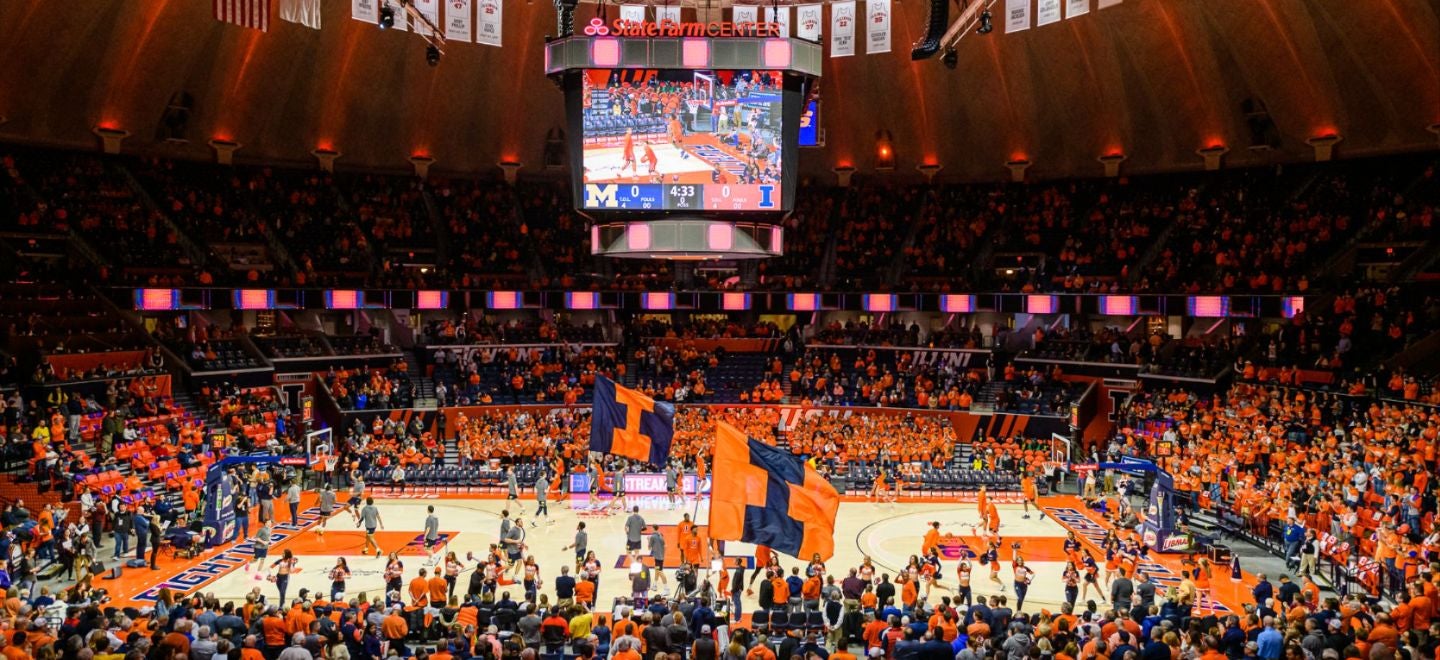A Q&A With Student Climate Activist Isaac Gewirth
The Climate Strike on September 20th, now two weeks ago, brought the issue of climate change to the forefront of political discussion. 4 million people around the world gathered to protest government inaction on climate change in places as diverse as Chicago, Melbourne, Berlin, Antarctica, and of course, Champaign-Urbana. This came just before 16-year-old Swedish activist Greta Thunberg spoke at the UN Climate Action Summit.

As the ripples from the strike begin to die down, it’s important to reflect on the impact it has had and what will likely result from it going forward. The Echo talked to Isaac Gewirth, an Urbana student activist, who helped to organize Urbana’s chapter of the strike.
Q: Are strikes overly disruptive of the school environment?
A: Yes, but we have to act, because inaction will lead to destruction of our environment.
Any walkout also serves an educational purpose of social action, which is important for any democratic citizen to learn and internalize.
Q: So do you think strikes are effective at creating social change?
A: I think high school walkouts are largely ineffective at creating policy change. However, the energy they can generate in future voters quite outweighs that.
Q: Do you think the school’s response to student activism has been appropriate?
A: In general, I think the school has been pretty welcoming of actions such as this, and I really appreciate that. In all cases, I’m not in any way against the school. This is not a district policy; this is not a school policy that we’re fighting against. This is an international crisis.
The climate strike and the reactions it has generated seem to bode well for the future of Urbana student activism. The students of Urbana, C-U, and the world have begun to take initiative on the issues that most impact them personally. Actions like this make it seem as though, despite all the awful things going on in the world right now, there may still be some cause for hope.








